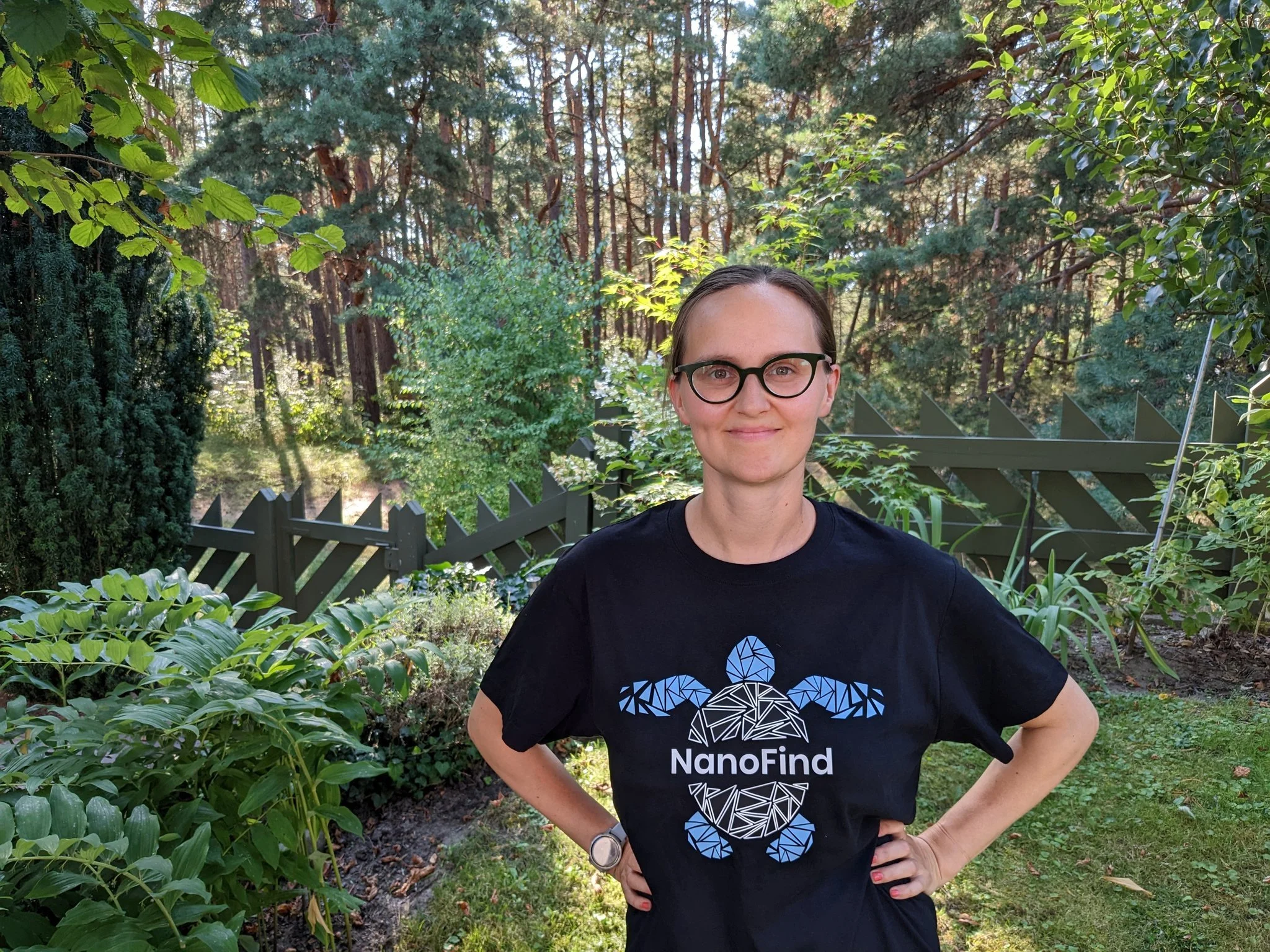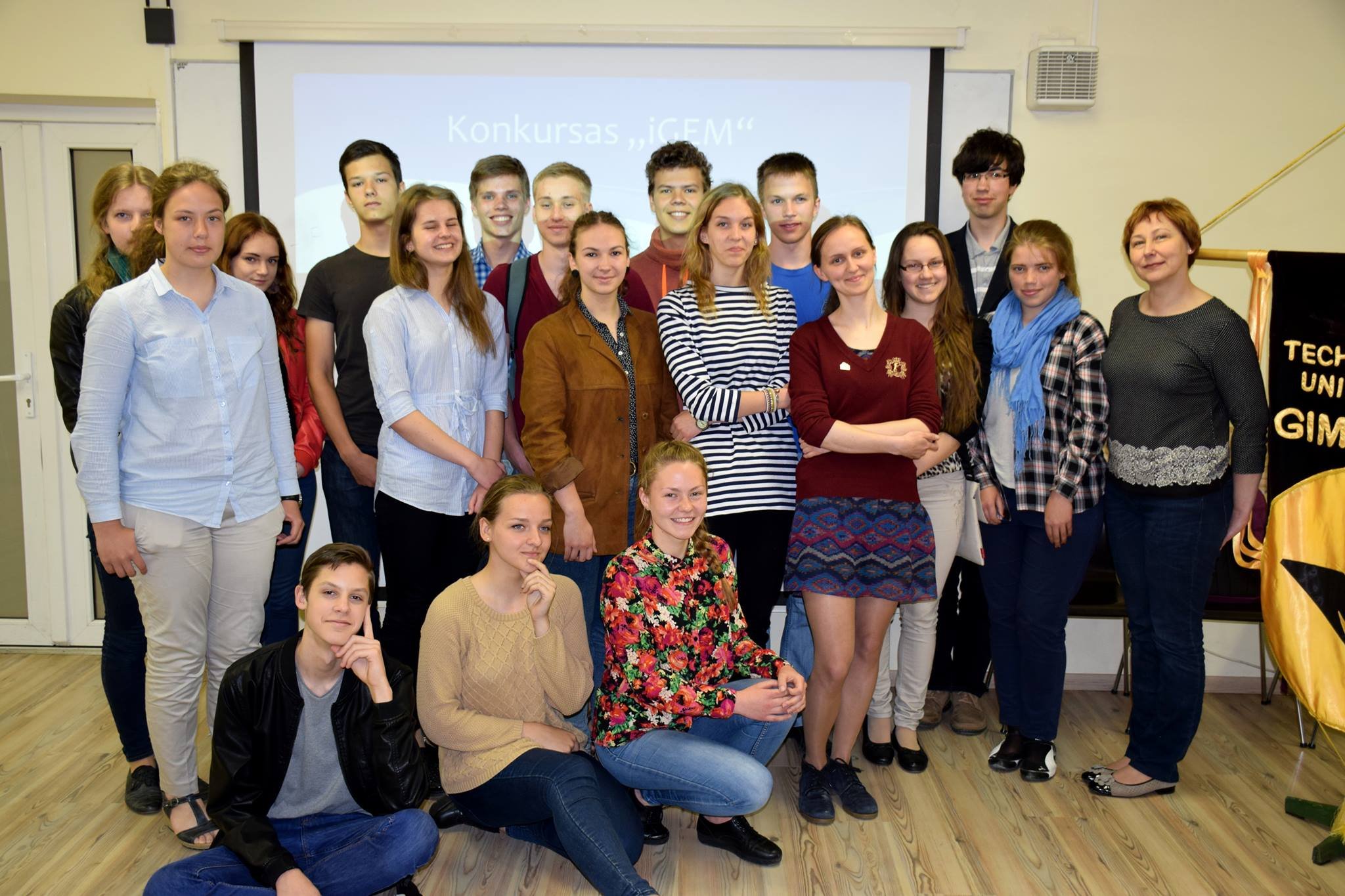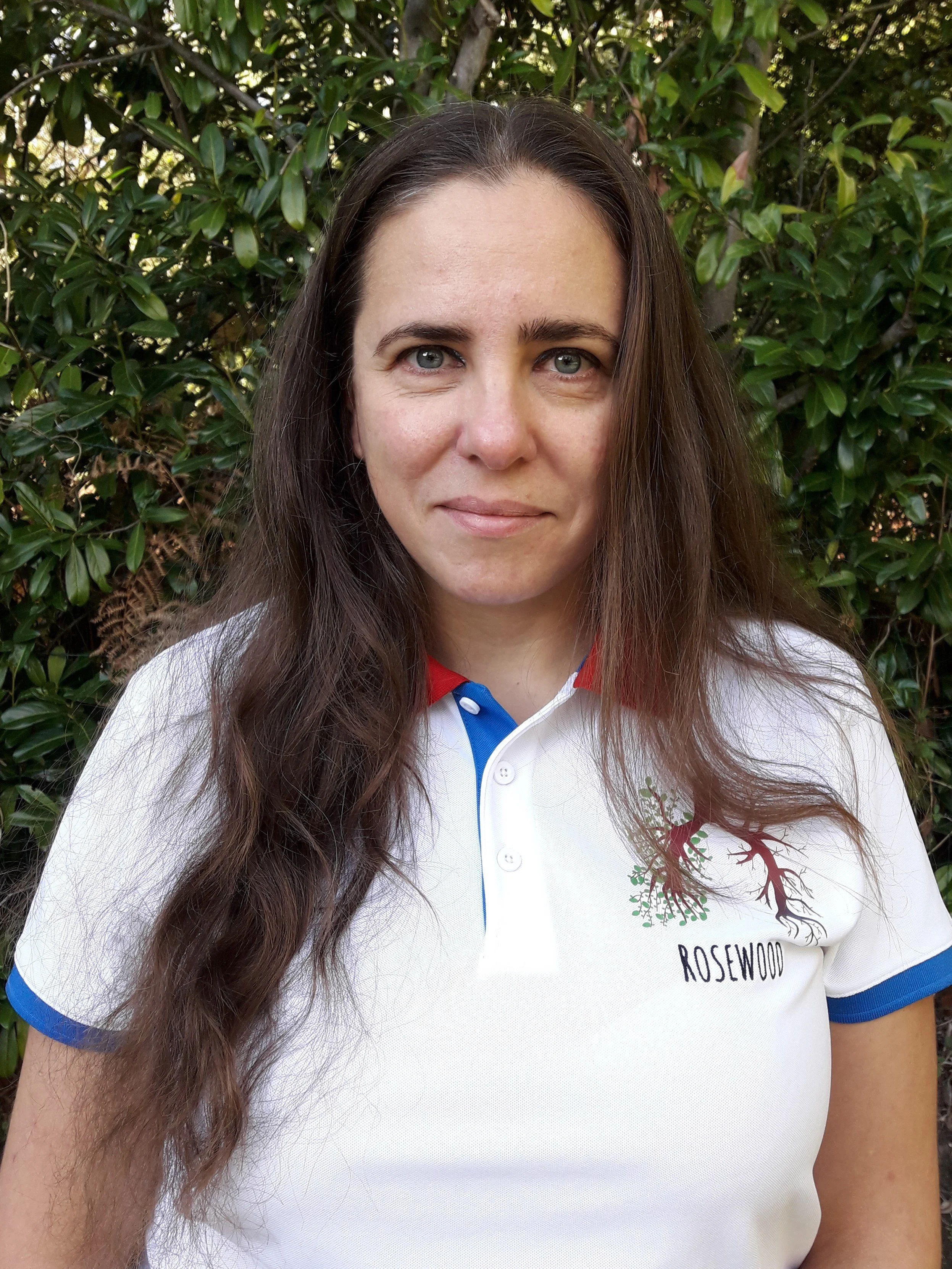Dr. Ingrida Olendraite: From Leading the First Lithuanian iGEM Team to Virology Research
Vilnius 2015 iGEM team together with the students from Kaunas Techology University (KTU) gymnasium. | Vilnius-Lithuania Team Wiki
Bringing iGEM to Lithuania
Was it difficult to bring iGEM to Lithuania?
It was difficult! We were like blind hens looking for grain in the dark! We didn't even know what synthetic biology was. Thankfully, Dainius, our team's instructor, had studied synthetic biology at the University of Edinburgh and participated in the iGEM competition back in 2013. Once he came back, he led the development of the first team.. Our team had seven members, and we came from molecular biology, biochemistry, and genetics backgrounds, and we were, in a way, the first group of students who were learning and applying synthetic biology. There was no precedent in Lithuania for students to go compete somewhere and get monetary support.
The fact that iGEM projects can evolve into start-ups helped our team and supporters find the incentive we were looking for. This not just helped us in raising money but also made it easier for us to interact with scientists since our goal was to take up a project which could solve a local problem.
Being the first team, we tried very hard. We thought we needed to pick a safe project, where everything would work in theory.
For me personally, Now I know how to create a start-up in Lithuania, as we started all the way from the idea to the product. It was interesting to meet people and companies with very different approaches when fundraising. It's nice that it ended well and we were able to continue next year. As the saying goes, we needed to get that train going.
Looking at iGEM in Lithuania, it has developed very well in the country. The teams have both Information Technology and social sciences (human practices) related aspects, and it works as a beautiful interdisciplinary experience.
The influence of the iGEM journey
Has iGEM influenced your personal career path? Has anything changed after iGEM?
In Lithuania, there is pressure to be in science, to be an academic, to have your own group, and professors and to work at the university roughly to the end. If you even go out to do an internship in a company, most people think that you probably didn't get a place in a lab. I didn't plan it any other way too, but when you get to know the startup community and see more opportunities, your perspective broadens a little bit.
I went into academia, but I never gave up the opportunity to pitch and develop my own product. The iGEM experience is also beneficial for academic life. You get a better understanding of how labs work, how reagents are ordered, and how to attract talents to the lab. You get a better understanding of the processes that are important, and you develop more autonomy.
When I was applying for my PhD, one of the interviewers had opened our team’s iGEM page and asked me to share more about it. Since the project was something we came up with and developed as a team, I had a lot of closure to it. We made mistakes and learnt from them. It was an important feedback loop where we encountered problems and had to find their fixes at such an early stage, unlike your regular undergrad studies where the supervisors usually make most of your decisions.
In iGEM, you have a story you can tell with passion, where you know all the details. You see that the person at least was not afraid of any challenge and did everything from A to Z for that project. If you want the best student, you want that fire in their heart. And I think iGEM helps to show that.
Vilnius 2015 iGEM team during Cafe Scientifique. | Vilnius-Lithuania Team Wiki
Have you noticed career changes for your team members after iGEM?
Our team member Daniel was good with computers. He eventually went on to work in computer science, even though he studied biochemistry. His career path shifted because of iGEM, as he was the one responsible for everything related to computers in the team.
Success in Academia: Choose Wisely, Make fewer choices!
Are there any personal qualities you need to have to be successful in academia?
You have to be resilient, not let any setbacks kill your dreams.
In academia, and also in iGEM, it is important to not only choose which issue to address, but also learn what not to do. Time in life is very limited. You cannot publish a paper every 10 years. iGEM is a good place to see what can be done in a short time. You can try hundreds of options, but it will cost an awful lot of time, resources, and failures. The super successful and happy people in academia are the ones who know how to choose, what to explore and what not to.
How did you choose to focus on virology? Was there a moment when you decided that you liked researching viruses?
Viruses are an interesting topic, and because of my background in molecular biology, I got to understand the underlying molecular mechanisms.. Most of it was a revelation for me. Because I didn't know much about viruses at all. It's just very interesting to me. Every passing year, at least you learn about a new molecular mechanism that is used by [possibly new] viruses. Or maybe the mechanism is known, but you find that a new virus in another group of viruses is also able to use that mechanism.
Communicating Science: Be friendly!
What can we do to make people trust science more?
We are living in the time of social media. Especially during the pandemic when we were all sitting at home. I think it is better not to silence misguided people, much better to hear their concerns. Give those people the opportunity to share their fears. You can completely understand someone who does not understand synthetic biology being scared of something that sounds incomprehensible, such as a genetically modified organism.
I did a lot of science communication myself during the pandemic, because I work with viruses. I'm sure the vast majority of people are information seekers, wanting to understand, but not knowing who to trust and how to sift through the information. I think the only answer is to do much more science communication by scientists in different fields.
You can get a lot of practice in iGEM. How to talk to different people - company executives, students, or the general public. I think that is better than blocking, not allowing people to speak. Because then those people find like-minded people, then they come up with even worse ideas.
I had a baby during the pandemic and I'm in various parenting groups. I have read a lot of false information about vaccines. It is terrible. In such cases, I at least try to write a comment based on science. At least either a Mum or a Dad will read it and see that it's not all bad [very often parents blame all the bad things on vaccines]. Or, I try to answer their questions. I think we need more science people to spend more time on social media. To help the general public stay up to date with what is going on in science.
More open science communication is needed.
Yes. And it's very important that it doesn't come from that “I know better” perspective. Even though you know better. Have that kind of open, compassionate, understanding, dignified communication. I, for example, don't know the work of a clinical doctor or a mechanic. That is our specific, very complex knowledge that needs to be told in a simple way and seen as an exchange of information. I do not know how to teach children history, but I can tell them about viruses. Tell them that we are equal human beings with different knowledge. I think attitude is one of the key things. If you come and say “you are stupid, you don't know anything, let me explain to you”. Then people automatically shut themselves out and don't listen. And then from that prejudice, from that kind of overconfidence, you don't look scientific and objective either. I think we need people-friendly science communication.
Has social media had a more positive or negative impact on views about science?
The pandemic, together with social networks, has given scientists a bit of a jolt. More scientists started sharing more. I know a few myself who used to write for some popular science articles, but only for the university community. And now there are more and more posts on Facebook or Twitter. More journalists are following scientists and what they have to say. A network of journalists and experts has been formed in Lithuania. There has been more collaboration. The relationship with journalists is very important to raise experts’ voices and be heard.
Sometimes when I have a discussion with someone who is misinformed about vaccines, I take a screenshot so that if we are preparing any information, I know what needs to be explained, what myths are currently being spread.
I think that social media generally has a positive effect, but there are also negative aspects to everything.
What advice would you give to people who want to follow your footsteps?
I`d wish for them to be more open. You don't have to be a professor in academia to be a successful and happy person. Be more open, go into companies, create start-ups, and go into the civil service. During the pandemic, I realized how much you can help your country with your knowledge.
My violin teacher once said, “if you can go without playing the violin, then don't play it”. It's in the sense of whether to choose it as your professional path. I used to be able to not play for at least a month after finishing music school. Then I realized that I didn't need to go down that path. If you still want to do science day in and day out, then go into science.
And don't be afraid to change your trajectory. There is a lot of interesting work out there. For example, in RNA vaccine development, everything they are doing, we are doing in academia. Exactly the same work, but the end result is directly helping society. So, my advice is to keep improving and keep looking for a place where you will be happy.
Join us in Paris and celebrate the 20th Year of iGEM at the 2023 Grand Jamboree.
Stay up-to-date about the latest news, opportunities, events and advances in synthetic biology by subscribing to the SynBio Community Newsletter









